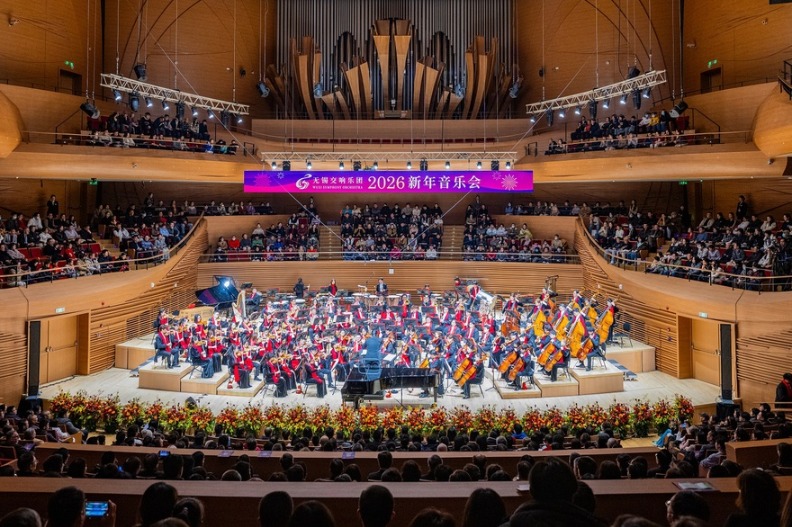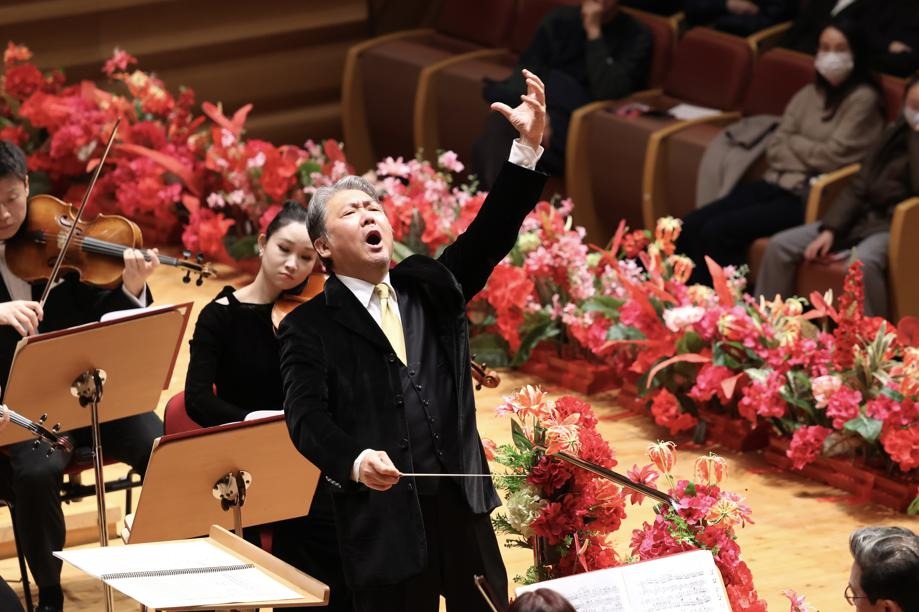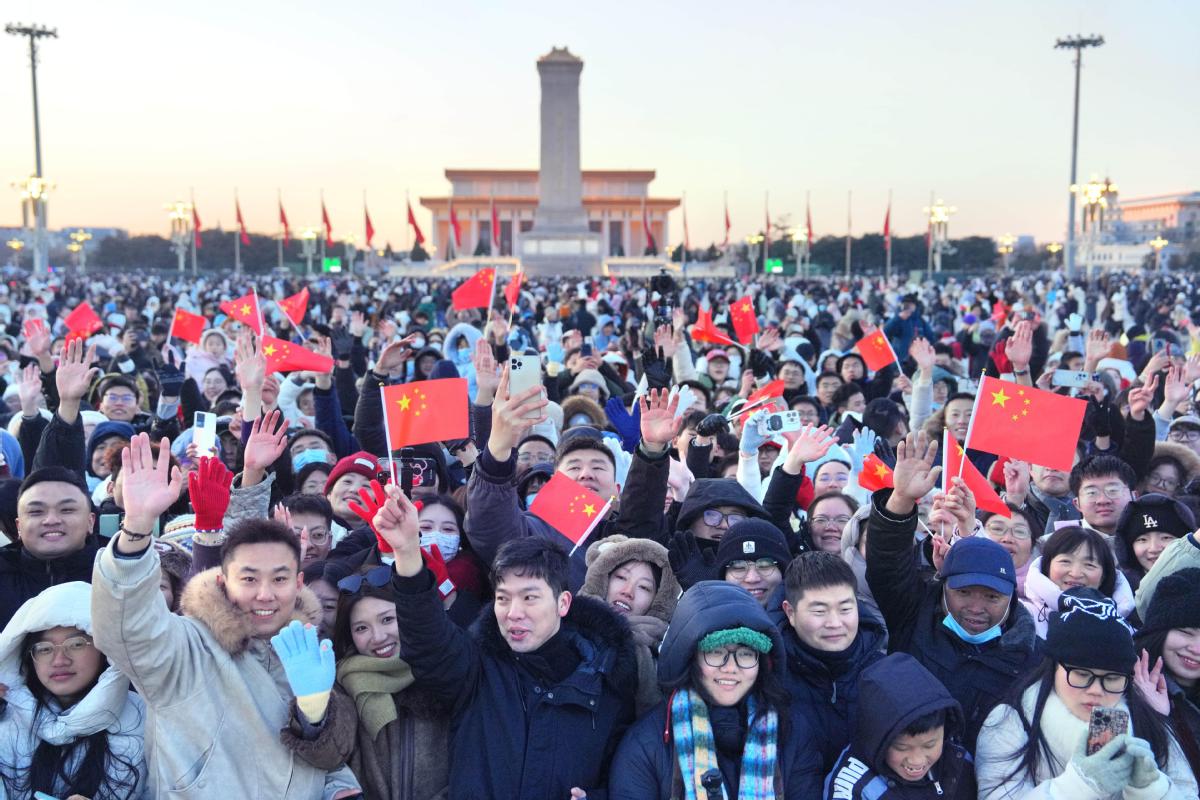Xi has given new life to concept of governance

With the fourth volume of President Xi Jinping's The Governance of China, the regular appearance of Xi's speeches has established itself as a world publishing event. As his stature as a thinker has grown in parallel with his influence on world affairs, the attention of all serious political thinkers will focus on the intellectual contributions he is making to the theory of the modern state in a globalized world.
I have enjoyed the privilege of reviewing the three previous volumes. In the past, I have stated that Xi has breathed new life into the concept of governance by exploring the whole range of concepts that underpin a healthy society, to enable its people to pursue their values and share their aspirations for peace and security.
At the same time, he has placed ever increasing emphasis on the contribution that China is making to safeguard the future of human beings on a planet they have endangered through their own actions. Ecological civilization is the Chinese concept that makes sustainable development a realizable project. Creating a balance between humanity and nature is a concept with deep roots in Chinese culture, and Xi offers the practical example for today in the Yangtze River Economic Belt.
One of the greatest strengths in Xi's thought is how he combines the wisdom and depth of experience of China, going back millennia, with the Marxist ideas that developed in the West under the impact of modernity. This is a dynamic view of the relation of ideas to reality, schooled in an understanding of the past, and then applied with the message that Marxism itself has to keep up to date with the changing times.
In the West recently, one British national leader was fond of quoting ancient literature to boost his own image and entertain his audience, rather than to illustrate a principle. There could be no greater contrast in the use of the classics than with Xi, who adopts a sentiment from Chen Shou of the Western Jin Dynasty over 1,700 years ago in support of people's democracy.
It is in relation to democracy that this fourth volume of Xi's speeches develops its challenge to the West to the greatest degree yet. He states emphatically that democracy is a "shared human value and an ideal that has always been cherished" by the Communist Party of China and the Chinese people. He contrasts this with what Deng Xiaoping called the "democracy of monopoly capitalism".
These are highly abstract and general statements, but they introduce much more detailed comparisons of Chinese socialist democracy and Western systems. There is no one system, and every country must develop the institutions that match its history and culture.
In the case of China, Xi points to five basic principles upheld by the CPC: People's democracy is the lifeblood of socialism; the people run the country; Chinese socialism conforms to national conditions; by means of elections and voting, all sectors of society arrive at a consensus; and leveraging the strengths of socialist democracy safeguards the Party and the country's prosperity and long-term stability.
It is a sign of the continuing development of Party thinking that Xi writes of "whole process people's democracy" and how it is integrated with "results-oriented democracy". Democracy covers all sectors of society. In it the Party is asked to expand participation by the people in the people's congresses, as they are essential to the political vitality of China. This is a step forward beyond the earlier emphasis on consultative democracy.
One thing I have always admired in Xi's approach has been his readiness to address younger people and to enlist their support and enthusiasm for the Chinese dream, as he did in a speech on the centenary of the Communist Youth League of China. Earnest study is part of it. And it works.
I recall a conference I attended in Wuhan in 2019. There was to be a social event in the evening. Young people there were excited by the prospect. "Will you be there?" I asked one young person. When she said no, I asked, "Why ever not?" She replied, "I must complete my assignment the Party has given me."
In his speech, Xi said young people in the Youth League have to learn from the Party's experience and apply it for their own self-improvement.
For Western observers, the frequent allusions to spirit in Xi's speeches and generally in Chinese public discourse are striking for a country that follows Marxism. But Marx never denounced spirit, only its distortion in oppressive religious doctrines. Today in the West, the call for collective spirit is largely confined to sports.
Xi's fourth volume is the most confident statement yet for the mission and prospects of the Chinese nation. It is directed to the people of China, but such is their historical experience and recent achievements that the rest of the world should regard it as an example of what is possible. It is an inspiration for the common effort to secure our shared future on Earth.
The author is a fellow of the British Academy of Social Sciences. He also is the author of China and the Shared Human Future: Exploring Common Values and Goals.



































